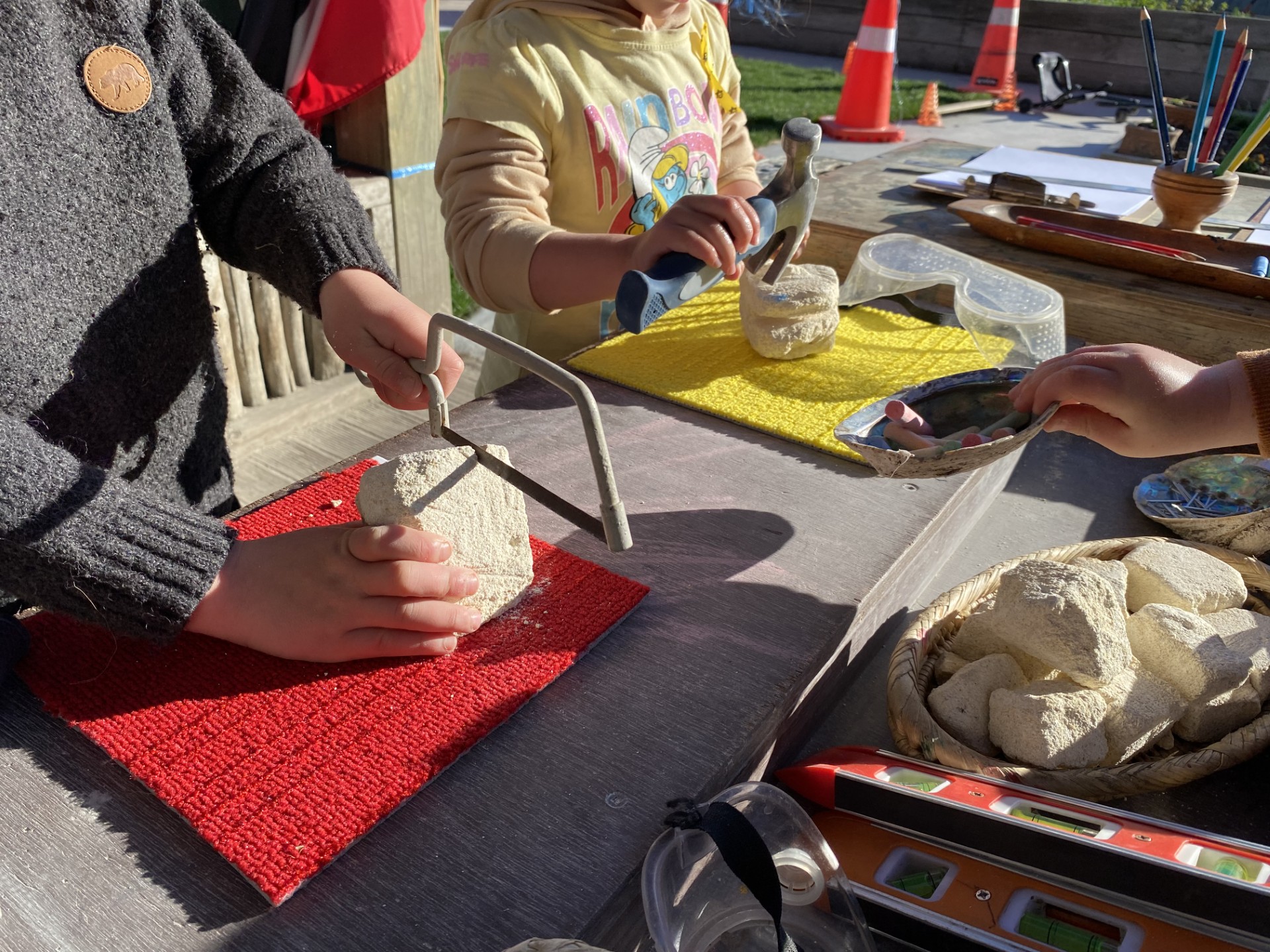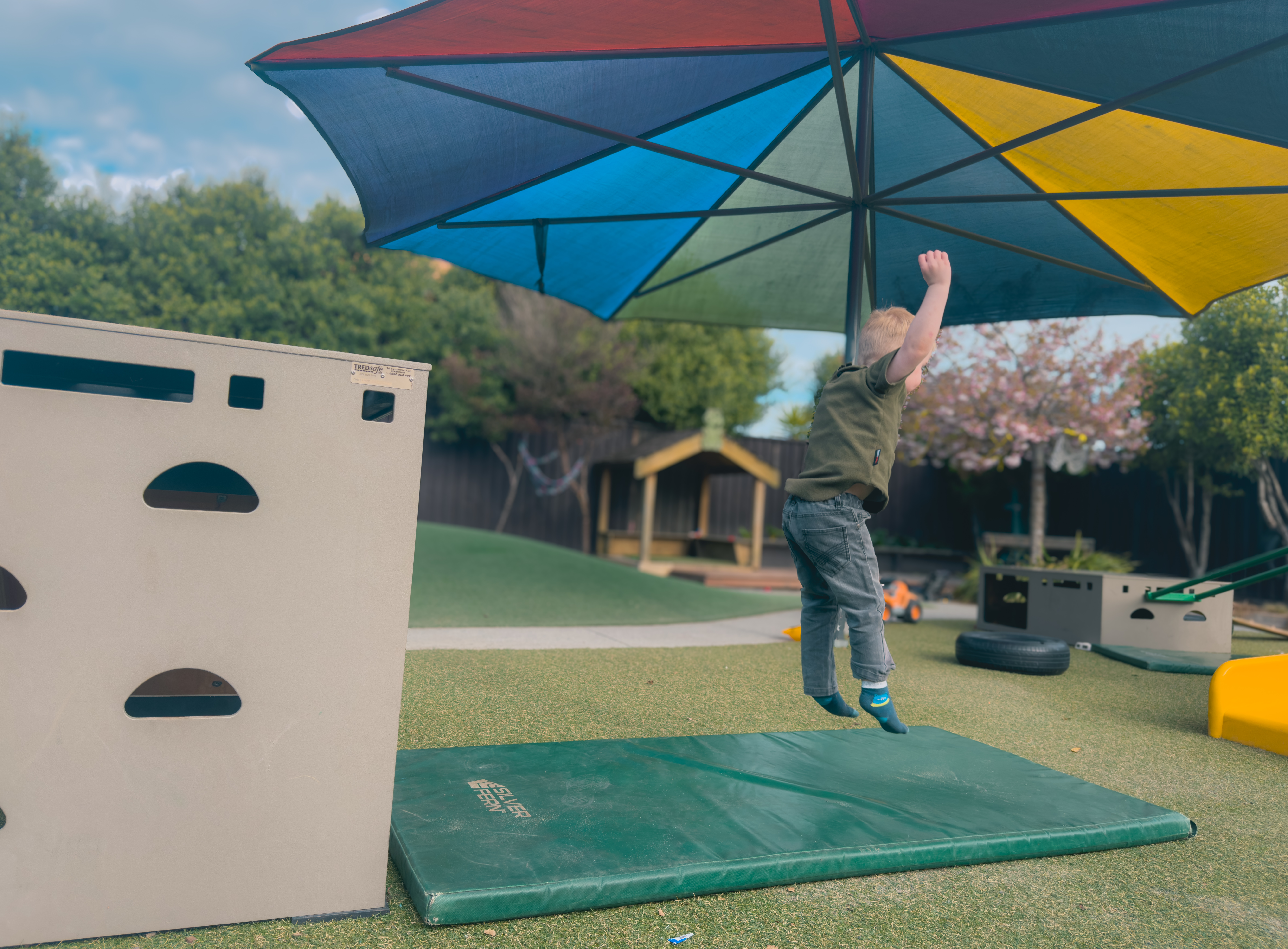Articles
The Benefits of Risky Play
It is very natural when hearing the word risk to automatically think of hazards and danger. As parents we want to do all that we can to prevent our children getting hurt so hearing the words risky and play together can feel a bit hazardous in terminology alone.
So what exactly is risky play?
First let’s look at what risky play is not- it does not mean putting children in harms way or pushing them beyond their capabilities and it does not involve reckless or dangerous behaviour.
What risky play does involve is allowing children to physically challenge themselves through exciting activities that experiment with height, speed, real life tools, rough and tumble play, and playing out of sight of adults.
Many studies have shown that children that engage in risky play are better positioned to soundly develop those all-important risk analysis skills- they come to quickly learn their capabilities and limits and can often make judgments on what they deem as challenging and exciting or ‘too risky’.


Beyond the risk analysis skills, there are also many other benefits of children’s engagement in risky play, these include but are not limited to:
Perseverance and Resilience
Children enjoy challenging themselves, at first you may notice a child is fearful of being up on a high box, then as the child pushes themselves slowly (and sometimes over time) they begin to test their limits, they may spend longer up on the box, they may move closer to the edge, and they may even explore jumping off the box!
Emotional regulation
Being skilled in emotional regulation means that you are able to stop and think before acting on feelings. Risky play is a way for children to overcome fear and nervousness as they push themselves and explore their physical capabilities.
Adaptability
Risky play has the ability to push children outside of their comfort zones which has a fantastic impact on their ability to adapt to new situations and new environments. They can apply past knowledge of how they have overcome fear and other feelings and also remember their successful moments.
Cognitive skills
Engaging in risky play helps children develop cognitive skills such as problem solving - How can they use their body to climb a particular tree- where are the best places to put their hands and feet to lift themselves up, which branch will give them the best leverage to get up a bit higher. All these decisions help shape their problem solving processes.
Self confidence
Being given time and space to explore their physical abilities can help children develop self confidence skills. Children are very capable and confident learners, each and every time they push themselves they become even more confident.
One of the biggest barriers to risky play is adults and caregiver’s own fears. How do we overcome this so that children can benefit from this important play?
Experts recommend that if you are feeling uneasy about how a child is playing, step back and just observe before intervening or telling them to be careful- often a child is quite capable of knowing their limits when engaging in risky play and quite often will surprise you with how capable they really are when given a little time and space!
